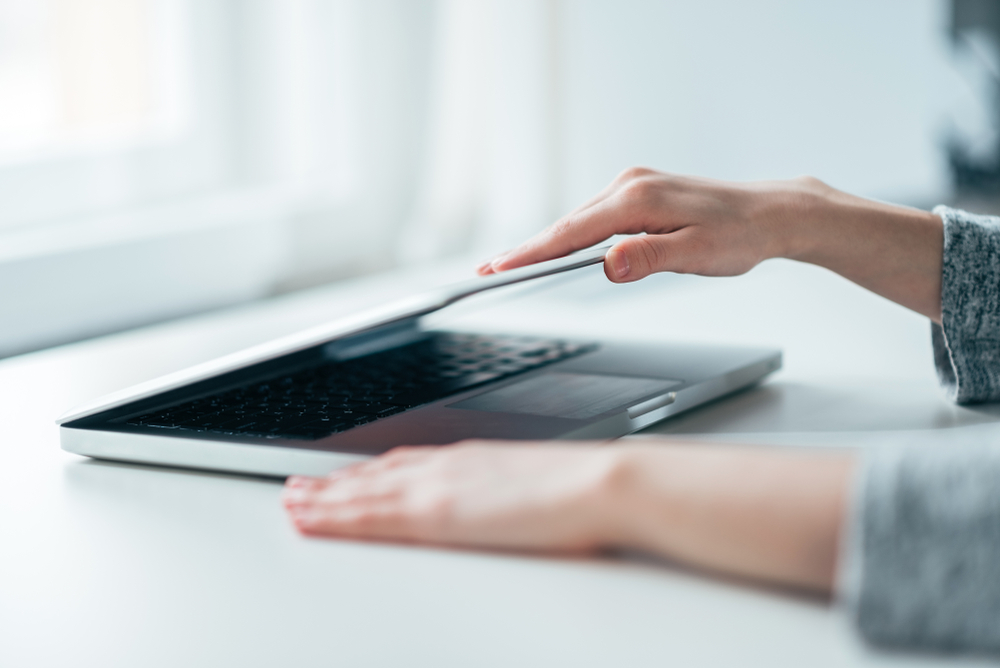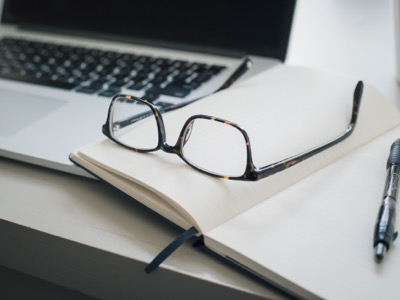 Article by Ama Afrifa-Tchie is Head of People, Wellbeing & Equity at Mental Health First Aid (MHFA) England
Article by Ama Afrifa-Tchie is Head of People, Wellbeing & Equity at Mental Health First Aid (MHFA) England
Over the past year, organisations have had to transform both what they do and how they do it. This has presented challenges for everyone.
With one of the most significant shifts being the need to work from home. Our working lives often merged with our home and family lives. From young children pottering into view, to cats tapping across the keyboard, and partners making lunch in the background – working from home in a pandemic created a multitude of different environments and conditions.
Some people enjoyed having more time to exercise, spending time with family and not having to commute. For others difficult relationships, additional caring duties and limited space effected their mental and physical health. This is particularly true for the experience of women. Workplace mental health experts MHFA England conducted research that highlighted the stark differences in the experiences of those who identify as men and women, and the impact of COVID-19 on their workplace mindset. Over double the number of women employees (68%), compared to men (31%), said their workplace confidence had decreased due to the pandemic. And many more women (64%) than men (36%) reported an increase in feelings of loneliness or feelings of isolation during the COVID-19 pandemic.
What should employers do?
As we transition out of lock down and social restrictions and think about how workplace policies might change, employers must consider how they help restore the work-life balance of their whole workforce, but especially for women.
Deloitte’s global survey found that nearly seven out of ten women experienced negative shifts in their routine because of the pandemic and many women believe their career progression will slow down. Working mothers have been hit particularly hard by the economic impact of COVID-19, with working mothers nearly 50% more likely than working fathers to have lost their job or quit. The COVID-19 pandemic has also created social, economic, and health uncertainties and insecurities – and exacerbated inequalities for many.
The highest performing workplaces are supportive and inclusive. Employers must create workplace cultures where women can voice their ideas, thoughts, and concerns without fear or judgement. Culture is key to workplace mental health, which is why MHFA England’s My Whole Self campaign calls on organisations to empower employees to bring their whole self to work, and support their own and other’s wellbeing. As we navigate this new world of work employers should focus on bringing people back together, making human connections and asking their people what is working for them and what their expectations are.
Maintaining flexibility
As employees begin to consider a return to the office, employers should make their policies on flexible working clear. Statistics show that women are more likely to be single parents than men, and are nearly 1.5 times as likely to feel a greater childcare burden than men as a result of the impact of the pandemic.
Some women may find going into the office is the best way to differentiate their working lives from family lives. However, other women may find flexible working arrangements make it easier to plan their working weeks and arrange child caring responsibilities. Employers need to make the guidelines for flexible working clear, and conversations should be had with individual employees about what works best for them alongside the needs of the business.
Whilst this will not be possible for everyone, many people will be looking for employers that can offer the best hybrid working options post-pandemic. This may mean allowing staff to work flexible hours in the working day or to split their time between the home and the office to suit their needs.
Flexible working arrangements can help employees to better plan their working weeks and feel confident they can adjust their working hours if responsibilities change. Employers need to engage, consult and review with staff every step of the way, making the framework for flexible working clear, and talking to individual employees about what works best for them. If they don’t, they risk losing some of their best talent.
Making support visible
Employers can help drive a positive transformation in workplace mental health and performance through bringing together diversity and inclusion with health and wellbeing. This support needs to be visible so that all employees know what support is available to them and how to access it. Regular wellbeing catch-ups with colleagues are a vital way to support everyone’s mental health and create a culture of openness.
The My Whole Self MOT is a simple, free tool to help employees check in on their own and others’ mental health and wellbeing. Employers can share the MOT with teams, and line managers can use the questions outlined to help start a conversation about wellbeing. Creating a safe space for women to speak openly about their mental health and wellbeing can help them to ask for support if they are experiencing issues such as poor mental health or struggling to manage their work-life blend.
Workplaces play a key role in creating a society where everyone’s mental health matters, and so all employees should feel empowered and supported to establish a routine and work life pattern that suits them.
For more advice on how to create an inclusive workplace culture and support employees with their mental health and wellbeing, visit https://mhfaengland.org/my-whole-self/resources/
 About the author
About the author
Ama has championed diversity and inclusion with different industries such as Startups, Tech, Professional services, Legal, Financial services, Media & Entertainment. Ama is a valiant cultural builder whose specialism spans across people experience, workplace culture, diversity and inclusion, mental health and wellbeing, and corporate responsibility. She is experienced in leading the design, analysis, and implementation of people-centric products/services, inclusion & wellbeing initiatives. She is a Fellow of The Royal Society for the encouragement of Arts, Manufactures and Commerce.
 Read this next…
Read this next…
Striking a healthy work/life balance
As a working mother with a full-on career that involves an hour and half commute each way every day, striking a healthy work/life balance has always been a challenge. This became even more apparent when the pandemic hit and my world got turned upside down with home schooling and the removal of childcare support.
WeAreTheCity covers the latest female centric news stories from around the world, focusing on women in business, careers and current affairs. You can find all the latest gender news here.
Don’t forget, you can also follow us via our social media channels for the latest up-to-date gender news. Click to follow us on Twitter, Facebook, Instagram, and YouTube.








